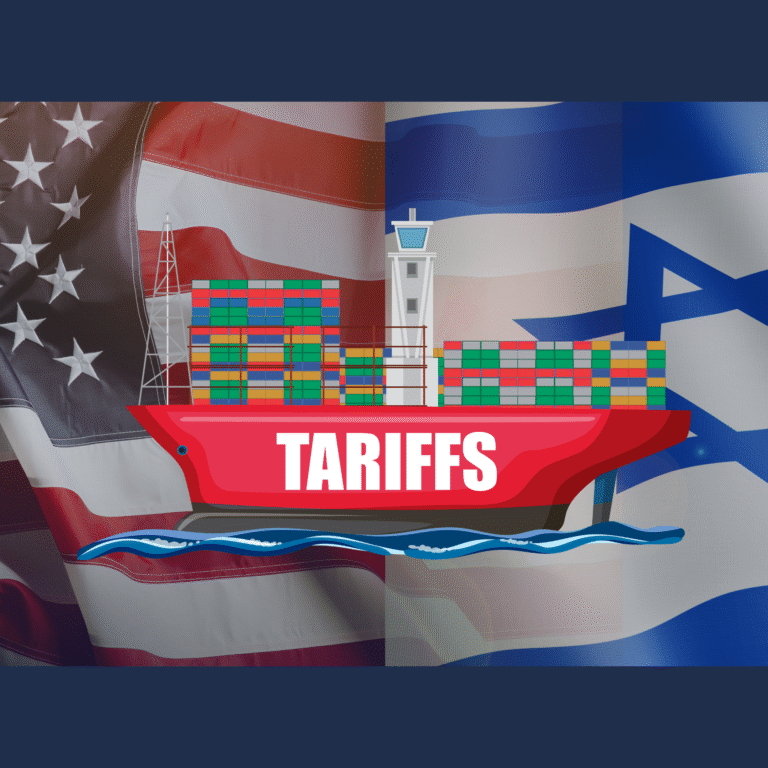

Welcome to 2022. We believe this is going to be a year where many different geopolitical, economic, market and health outcomes are possible. That makes it a good time to assess the various risk factors that affect us all, including the question of whether Americans abroad should own funds that are not domiciled in the US. We’ll discuss this and other expat financial questions in this blog.
Before we get started, we want to mention that we are a financial advisor for expats and Americans abroad. We’ve written the following blogs on expat investing that you may want to grab before you move on to the rest of the article.
Five key expat investing points you may want to know!
Considering Retiring in Israel? 5 tips for US expats
Year-end financial planning for US citizens living abroad
Americans Abroad – Financial Considerations
What are the major financial and investment issues that may possibly affect Americans living overseas?
- Asset diversification – in the current “risk-off” environment, are your investments sufficiently diversified? By asset class? By geography?
- Currency exposure – how important is this to you? Are you earning sufficiently in local currency to cover your living costs, or are you reliant on income from the US?
- Local investment-related tax issues – how if at all do taxes impact investment holdings you have in the US? Where do you pay your investment and capital gains taxes – locally or on the US?
- US Investment-related tax issues. This is our main focus of today’s note.
Here the issue with Americans abroad investing in non-US funds
Uncle Sam taxes expatriates on a global basis – as a US citizen you will always pay tax. If you pay income tax, or taxes on interest or capital gains (passive income) locally in the country you live in, then you will benefit in most cases from the provisions in a tax treaty, and not be double taxed. There are exceptions, and this is why it is important always to work with a US CPA, who specializes in working with US expatriates.
There are some cases where you may pay excess taxes in the US on your investments, irrespective of the tax paid locally. This comes into play when American abroad invest in non-US mutual funds, exchange traded funds, or other pooled investment vehicles that are incorporated outside the United States.
What is the PFIC rule?
PFIC stands for passive foreign investment company. The PFIC rule states that if over 75% of the foreign company’s income is passive (i.e. as opposed to operating income), then you may be liable to pay higher US taxes.
Here’s where we get a bit technical – hang on to your hats!
The tax rules are extremely complicated, and the following should not be interpreted as advice specific to any one situation – for such advice you should consult with your CPA or tax advisor.
Generally speaking:
- Unrealized gains may be taxed as current income in the case where there are non-US funds held by Americans living outside the US.
- In contrast, for funds incorporated in the US, one is taxed only on capital gains that have been realized.
Apart from having to pay higher taxes on PFIC designated investments, there are also more burdensome tax filing requirements, including filing specific forms, which will cost you more in tax preparation fees.
Hint: it’s probably a good idea to avoid trying to file alone – working with a CPA may be a good idea.
Alternative Options for Americans Abroad
How does one avoid this situation?
- Invest only in individual stocks and bonds in non US brokerage accounts – and not in non US funds or ETFs.
- Retain your US brokerage account – focus your fund investment in US-incorporated vehicles.
Domicile vs. investment strategy
Please note the category of “US fund” vs “non-US fund” pertains to the fund being incorporated in the US – and not where the fund invests.
For example, if you want to invest an international or emerging markets stock fund, please do so via a US-incorporated mutual fund that is available to you in your US account. If you have questions on this, we suggest to ask a financial advisor, preferably one who specialized in expat financial advice.
Summing it up on
Americans abroad owning non-US-domiciled funds
Americans living abroad face a set of financial questions requiring special attention.
We are a financial advisory boutique with advisors in the US and in Israel and serving expats globally. If you are moving to Israel or another country and don’t know where to start when it comes to the financial side of things, please contact us.
If you would like to receive our updates, please sign up for the Nardis Advisors newsletter.
SUBSCRIBE to the Nardis Advisors YouTube channel or ongoing updates related to the markets, economy, and finance for expats.
CONTACT US to schedule a time to speak with Nardis Advisors regarding your portfolio and personal financial plan.
Norman H. Chait, CFA, Managing Principal, Nardis Advisors LLC,
January 26th, 2022
Disclaimer: Nardis Advisors LLC (“Nardis”) is a Registered Investment Advisory Firm regulated by the U.S Securities and Exchange Commission in accordance and compliance with applicable securities laws and regulations. Nardis does not render or offer to render personalized investment advice through this medium. The information provided herein is for informational purposes only and does not constitute financial, investment or legal advice. Investment advice can only be rendered after delivery of the Firm’s disclosure statement (Form ADV Part 2) and execution of an investment advisory agreement between the client and Nardis.





